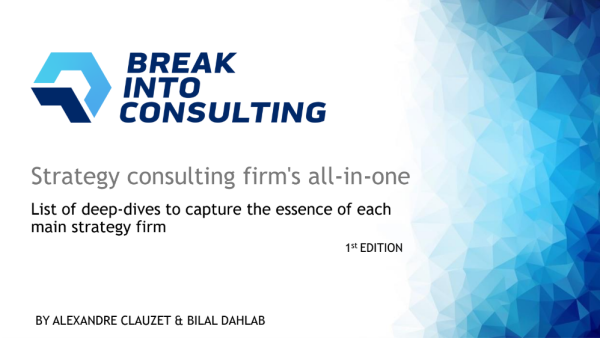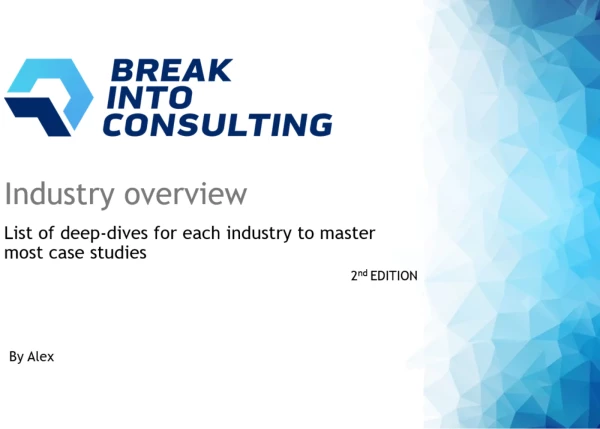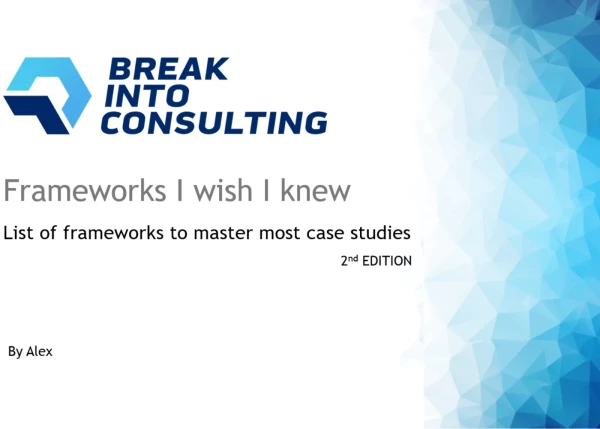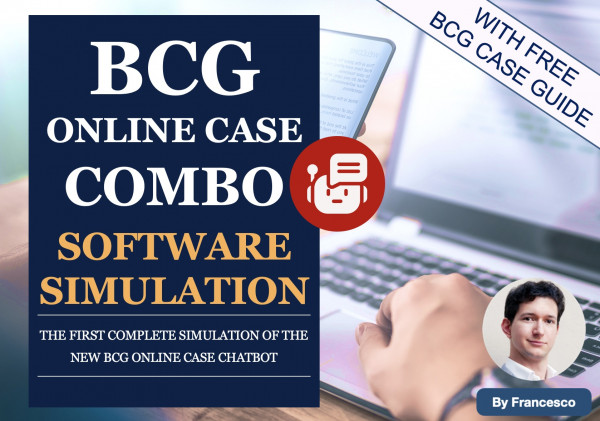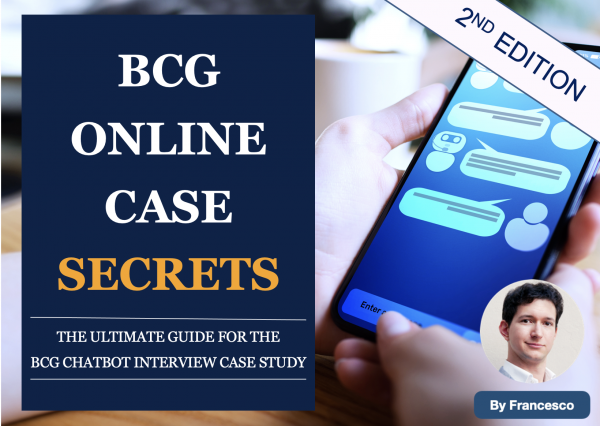Hi everyone, I am in the lucky position of being offered a position as Associate at BCG in European office, starting in January 2025.
There is a long way to come but I have recently spoken with a mentor at the firm and they suggested that, in the meantime, I could spend a little time on developing some niche skills to help me with the cases. I am aware of the importance of Excel but I think it is a bit too early to start worrying about that.
In fact, they suggested something like “python coding” or “data analysis”, as examples of niche skills that could add value.
Is there any specific skills that would benefit an incoming Associate to know and that can be developed with little effort over a long period of time? Would coding in Python actually be useful to learn in order to have a slight edge?
Thank you!




